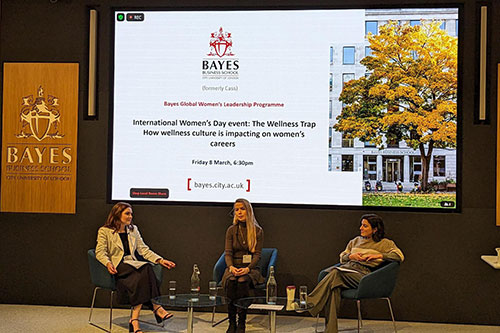City St George’s sociologist explains how online disinformation, the cost-of-living crisis and nationalism fuelled the riots following Southport tragedy.
By Eve Lacroix (Senior Communications Officer), Published
On Monday 29 July 2024, a 17-year old teen brought a knife to a Taylor Swift-themed dance class in Southport and murdered three girls, injuring ten more children and parents.
Within two hours, a social media post falsely claimed the attacker was an asylum seeker or a Muslim immigrant. The next day, hundreds of protesters threw bricks, bottles and rocks at a local mosque.
The following week saw a series of violent riots across the UK – in London, Bristol, and in Rotherham, where rioters attacked a hotel used to house asylum seekers.
The government response was swift. As of Monday 19 August, over 1,000 people were arrested in connection to violent disorder in England and Northern Ireland. 470 rioters have been charged with offences so far, with many facing years in prison.
Prosecution has occurred on such a large scale that the government has activated an emergency measure to ease prison overcrowding, called Operation Early Dawn.
Online disinformation campaigns stoke anti-immigrant sentiments and lead to a week of riots
The false claims about the murderer’s heritage circulated on social media and were amplified by Russian state TV, controversial influencer Andrew Tate, and far right movements.
Reform leader Nigel Farage spread misinformation by suggesting that the attacker may be known to UK authorities and refused to apologise when this was revealed to be untrue.
Dr Stephanie Alice Baker, Reader in Sociology at City St George’s, University of London, researches the role of influencers and new media technologies in amplifying false, misleading and harmful content online, and has advised the UK parliament on online radicalisation and extremism.
Speaking to Channel 5 News, she explains:
Musk reacts: the cult of the visionary entrepreneur
Further stoking tensions, Elon Musk, CEO of Tesla, posted on the social media channel X (formerly Twitter, which he owns) that he believes “civil war is inevitable” and blamed violence and protests on “mass migration and open borders.”
Dr Baker has researched both Farage and Musk as controversial figures with cult-like online followings. She notes that Musk frequently comments on geopolitical issues with his followers, many of whom perceive him as a “entrepreneurial visionary”.
Speaking to the Associated Press (AP), Dr Baker said:
“There is never one cause for a riot”: the cost-of-living crisis and social unrest bites
Dr Baker said she sees echoes in tensions in the UK and US. Speaking to the AP, she explains:
Further elucidating the state of crisis the UK finds itself in, she told Channel 5 News:
On Thursday 1 August 2024, City, University of London and St George’s, University of London merged to become City St George’s, University of London. Read more about the merger agreement.



